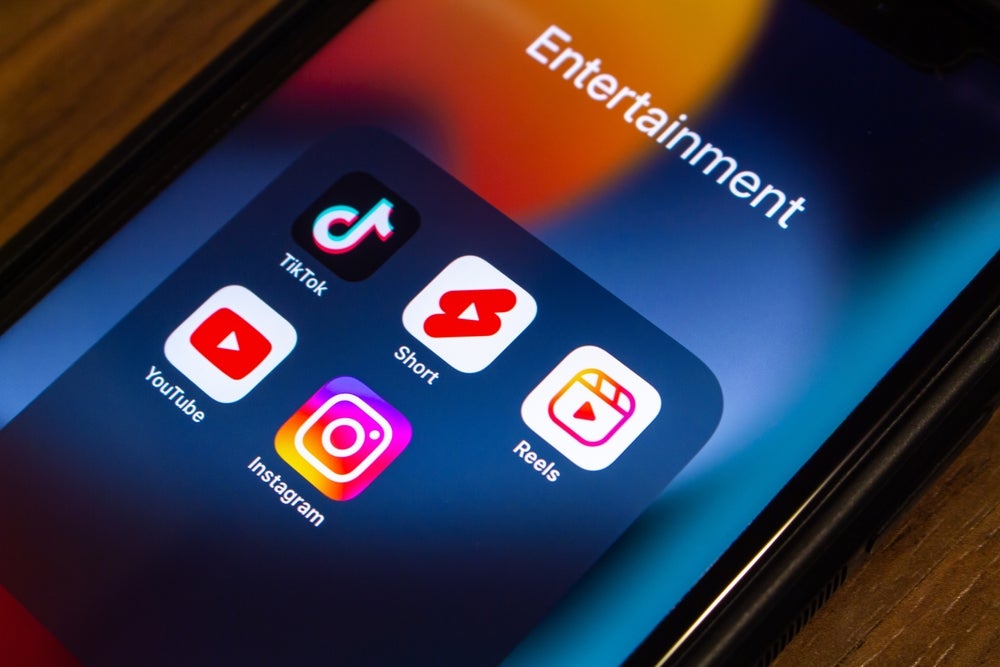As audiences flock to TikTok, Instagram Reels and YouTube Shorts, businesses are struggling to keep up with the demand for short-form video.
Munch, a startup that uses AI to turn long-form video content into short-form video clips for social media, announced $7.2 million in seed funding on Tuesday.
Venture capital firm A* Capital is leading the round, with participation from Liquid2 and pre-seed investors Cardumen Capital and Reimagine Ventures.
Bake up a storm
Although Munch relies on some commercially available technology, including for facial recognition and automatic transcription, its main algorithm is proprietary and built mostly in-house, said CEO and Co-Founder Oren Kandel.
But, thus far at least, Munch isn’t drawing on publicly available large language models because the available tech “isn’t accurate enough and still doesn’t get the depth of the multimodality of video.”
Munch made a strategic decision to repurpose existing long-form content that someone has already filmed, edited and produced into short-form video, rather than generating content from nothing, Kandel said.
High-quality, human-made content is “where you get the real gems, the real engagement,” he said. “We just do the sprinkle on top and make it more accessible to new audiences on other platforms.”
As for how the AI tech behind the Munch platform works, Kandel used the metaphor of a layer cake.
The bottom layer is machine learning (ML) capabilities, which parse through what’s happening inside a video and extracts thousands of data points. For instance, the ML tools pick up on keywords (celebrities, brand names, locations), audio cues indicating that people are excited about what they’re saying (speaking faster, laughing, interrupting each other) and other visuals (familiar faces and scenes).
The next layer is what Kandel calls a “coherence engine.” The AI tool crunches the videos to determine the best length and whether the clips contain enough context that they’re coherent as standalone videos.
The top layer of Munch’s AI gobbles up data from Google Trends and SEO services that reveals the sorts of topics people are currently searching for, Kandel said. This AI-powered trend research ensures that people’s points of passion intersect with what’s trending.
But almost any long-form source video holds most of the data Munch needs. Once you understand how to pull insights from that video, “you’re 90% of the way there,” Kandel said. “The rest is just fine-tuning.”
Piece of cake
When clients start a new project either via the Munch mobile app or on desktop, they can choose the platform they want to create clips for.
They then upload a file or link to the long-form video, which Munch turns into 30 different clips, ranging from 15 to 90 seconds. Clients have a choice of video aspect ratio, overlays and style of automatically generated captions.
Since Munch integrates with YouTube, TikTok and Instagram, clients can publish short-form videos directly to those platforms. But content is never published automatically, and though Munch suggests hashtags, they aren’t included in posts unless the client approves them.
“It’s more of a copilot, rather than an autopilot,” Kandel said.
Munch more
Headquartered in Tel Aviv, Munch launched roughly two years ago and now has 12 employees operating out of Israel, Kandel said. Munch plans to spend its funding on growing the company by hiring more developers, sales and marketing employees and investing in R&D.
The startup’s business model is 99% self-service. Clients can purchase monthly or annual subscriptions, which range from $49 for 200 minutes of video uploads per month to $220 a month for 1,000 minutes of video uploads per month.
Munch currently works with more than 3,000 small businesses, including solopreneurs, and a handful of mid-market and larger enterprise clients.
Agencies that focus on producing video content for social platforms are among Munch’s clients, too. Although Kandel considers agencies to be Munch’s main competitor, he claims they can use Munch to “get rid of the chores,” aka the hours of repetitive human labor that Munch is automating.
Around 65% of Munch’s clients are in the US, but it also has clients in Western Europe, South America, Africa and Asia.















